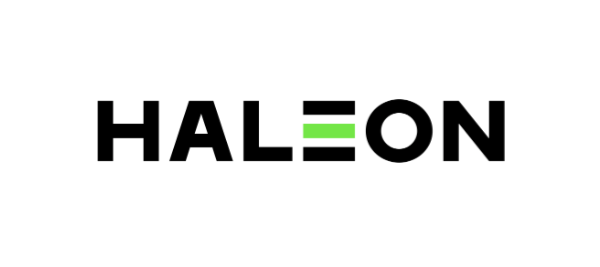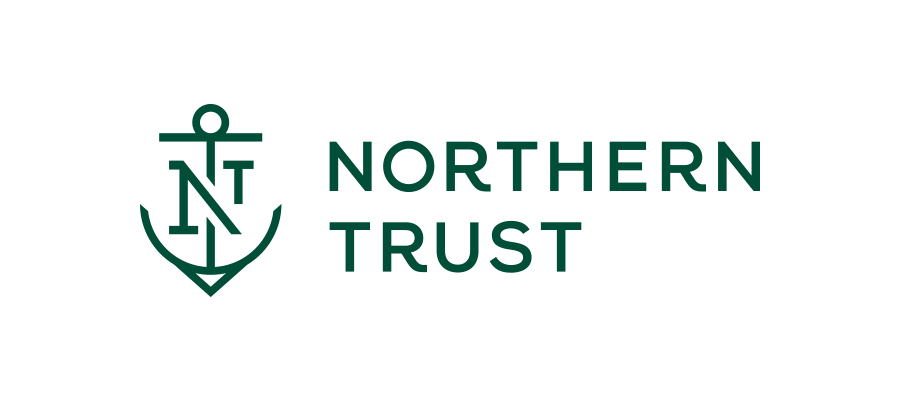Why This Can Happen Awards are so important

Mental health is such an important topic for us to continue shining a light on.
Why This Can Happen Awards are so important
Why do you think the This Can Happen awards are so important, particularly this year in view of the pandemic?
The awards are so important because they highlight best practices on mental health across a diversity of organisations. Mental health is such an important topic for us to continue shining a light on. We have seen much progress in recent years, highlighted in part by the pandemic. Employees have been dealing with isolation, an increase in caregiver commitments, job uncertainty, and the ongoing fear of the virus and associated illness or worse! This is a heavy cognitive and mental load at the best of times, and is clearly overwhelming at these worst of times.
Personally, I think the awards are important, as there are efforts that I can learn from to help my own protective thoughts and positive thinking. The pandemic has definitely aggravated what I previously believed was simply my ‘worrying mind’, but which I now realise is anxiety. Having been supported by Cognitive Behavioural Therapy through the NHS, I now realise that my own ‘brain bucket’ was already pretty full with the everyday and that the pandemic was filling it further. I’ve had isolated panic attacks in the past, but new symptoms of vomiting and nausea were really starting to affect me and keeping me from doing the things I love with the people I love, including my work.
What 3 things are you looking for as a judge when you view the shortlisted entries?
I’d really like to see practices that can be ‘lifted and shifted’, i.e. which other organisations and even individuals can we learn from and take back to their own circles of influence.
I think submissions really stand out when they can also show measureable impacts; raising awareness and learning are clearly important, but attendance on a call may not always translate into behavioural change and positive outcomes.
Measurable outcomes also don’t just have to be data. Stories about people and the things they have learned or done differently are very powerful. It’s more impactful to put people and faces to the names and stories.
What are your 2 biggest learnings this year in terms of supporting colleagues’ mental health?
I have to be terribly honest and say that I was previously sceptical about some aspects of mental health. I know that when classmates at school had panic attacks, I didn’t always believe them, or that it was ‘a thing’ – what do you mean you can’t breathe? Just open your mouth and inhale! Having now experienced this myself, I know it is real and very scary; if my husband hadn’t learned to deal with this as part of his teacher training, I’m pretty sure I would have certainly passed out on one occasion!
Therefore, one important lesson for me – which I’m pleased to say I’m better at in other areas – is to listen to others and to respect what they are telling you. If they are depressed about something, it is not for you or me to understand what they’re going through, but it is important to empathise with them.
Also, remember that different things impact us all in different ways. For example, some people have loved working from home, while it has been devastating for others. We need to talk more, be better listeners, and let this shape our collective actions going forward.







